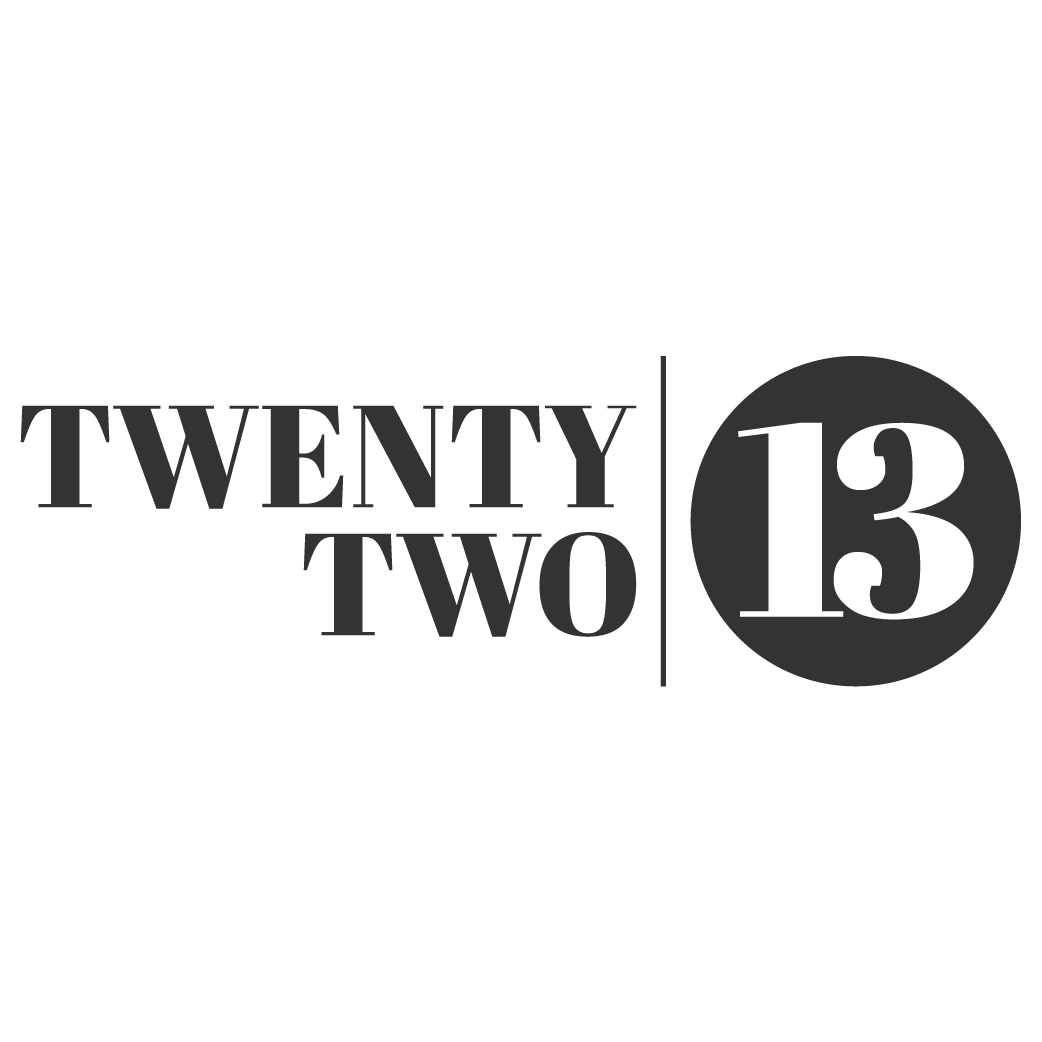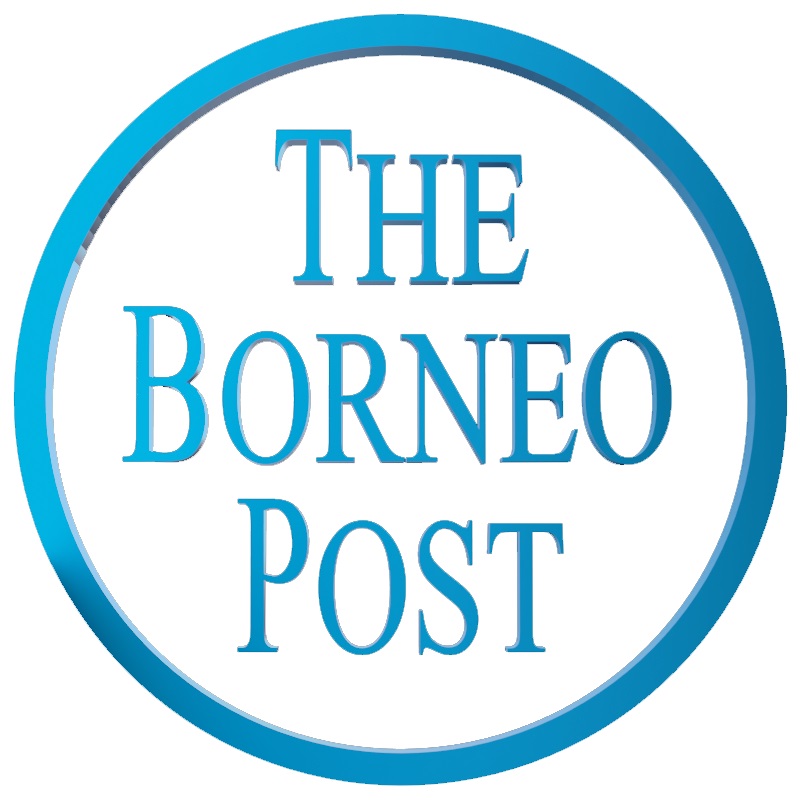Malaysia lacks robust, accessible palliative care infrastructure
1 day ago
Caring for the elderly is an increasingly complex challenge, especially as the global population continues to age. It involves far more than just addressing physical health – it extends to mental and emotional well-being, palliative care needs, and social support.
A comprehensive approach is essential to meet the needs of this growing demographic.
One of the most pressing issues is the shortage of trained caregivers, as previously highlighted by palliative care expert Dr Azimah Pilus. Many elderly individuals rely on family members who have no formal training to manage complex health problems or the emotional challenges that come with ageing. Whether family-based or professional, properly trained caregivers are critical to ensure quality care – especially for those living with dementia, stroke, or other chronic conditions that require consistent, skilled support.
Palliative care plays a key role in treating elderly individuals with serious illnesses, particularly those nearing the end of life. Unfortunately, countries like Malaysia often lack a robust and accessible palliative care infrastructure. This form of care is not solely about alleviating physical pain – it also addresses emotional and psychological needs. Increasing awareness of palliative care and equipping caregivers with appropriate training can ensure patients in terminal stages receive empathetic and dignified support.
Mental health issues such as depression and anxiety are also common among the elderly. Loss of a spouse, loneliness, and physical limitations can take a severe toll. Sensory impairments like hearing or vision loss can further complicate communication, making it harder for caregivers to respond effectively to their needs.
Greater emphasis must be placed on mental well-being, including consistent social support to help elderly individuals feel seen, heard, and valued.
Public awareness of geriatric care remains low. Many still do not understand the unique physical, mental, and social needs of the elderly. The term “geriatrics” itself is poorly understood and rarely introduced in early education.
Meanwhile, family caregivers often face emotional and physical exhaustion, compounded by a lack of training, professional guidance, or proper facilities. Without this foundational support, care quality suffers – and caregiver burnout becomes a real risk.
Financial strain is another major obstacle. Medical expenses, in-home care, and nursing home fees can be prohibitively expensive. Many families struggle to afford quality care, particularly in the absence of financial aid. To address this, government bodies and non-governmental organisations (NGOs) must work together to ensure all segments of society, especially ageing communities, have access to affordable, high-quality elder care.
Palliative care, in particular, deserves renewed focus for elderly patients living with chronic illness or facing end-of-life conditions. As outlined in the Malaysian Palliative Care model by Sterling Healthcare Services, this type of care emphasises symptom management and quality of life rather than aggressive treatment. It requires a team of professionals trained to manage pain, anxiety, and emotional distress.
Specialised training for caregivers is crucial. They need to be taught how to manage physical and emotional symptoms and how to communicate effectively with elderly patients, many of whom may struggle to articulate their needs. Psychological support is also essential for patients grappling with the realities of ageing. Well-designed training programmes can ease the burden on caregivers and significantly improve care outcomes.
Misunderstandings about what palliative care entails often prevent patients and families from seeking help early. Raising public awareness can encourage earlier access to services, ultimately improving the quality of life for elderly individuals facing serious illness.
Looking ahead, we must build communities that actively support elderly care. Initiatives such as Oretha’s Senior Care – backed by Yayasan Hasanah and the Finance Ministry – provide assistance to those from the B40 (low-income) groups. Programmes like Teman Malaysia, which offer companionship during medical treatments, also exemplify the importance of social support. Inclusive community environments reduce loneliness and offer opportunities for engagement, not only benefitting the elderly but also relieving some of the strain on caregivers.
Technology, too, has a valuable role to play. Health monitoring applications, remote tracking tools, and robotics can assist caregivers in monitoring health indicators, managing medications, and scheduling appointments. However, both elderly users and caregivers must be properly trained to use these tools effectively.
Financial and policy support remains vital. The government should expand subsidies for palliative care, in-home services, and eldercare facilities like Pusat Aktiviti Warga Emas. NGOs also play an essential role in making eldercare accessible. Senior-friendly policies and better financial planning mechanisms must be prioritised to ensure long-term, sustainable care.
Ultimately, caring for the elderly demands a holistic approach – one that integrates physical, emotional, mental, and social support. Palliative and geriatric care are vital components in ensuring dignity and quality of life, particularly for those with terminal conditions. The future of eldercare must include inclusive communities, expanded use of technology, caregiver training, and financial support systems.
With collective effort from families, communities, government, and the private sector, we can create a future where the elderly are cared for with respect and compassion.
The author is a senior lecturer and a person with disabilities at the Department of Accounting and Finance, UNITEN Business School, Universiti Tenaga Nasional.
The views expressed here are the personal opinion of the writer and do not necessarily represent that of Twentytwo13.
...Read the fullstory
It's better on the More. News app
✅ It’s fast
✅ It’s easy to use
✅ It’s free









